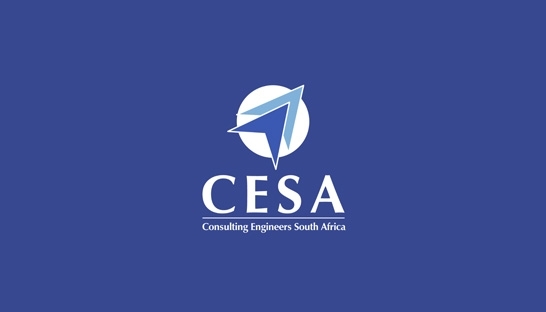

At industry organisation Consulting Engineers South Africa’s (Cesa’s) yearly presidential breakfast, on Tuesday, president Naresh Pather discussed the organisation’s strategy for this year under the theme “the future is now”, which is aimed at harnessing effective ethical leadership to address industry challenges.
Cesa carefully considers its themes and strategies, since engineering impacts directly on people’s lives – making clean water possible, providing reliable energy, safe transport and fast communications for lifesaving medical equipment, as well as food and supplies.
Also affecting the strategy for each year are issues that are pertinent in the country. For example, the sweeping changes and restructuring taking place in South Africa since the appointment of President Cyril Ramaphosa – the reshuffle of Cabinet, spotlighting the land reform issue, and the focus on bringing State-owned entities back on track.
This coupled with changes in neighbouring countries such as Zimbabwe and Angola, spells a new dawn of opportunities for South Africa and other Southern African Development Community countries.
“Consulting engineers, therefore, have to focus on economic growth and building towards poverty alleviation and employment creation,” said Pather.
A key focus area Cesa intends to address is effective ethical leadership – creating the role models that inspire future generations, which will include transformation efforts.
Cesa will also embrace the Fourth Industrial Revolution, including digitisation and new ways of doing things with data-informed techniques.
Pather said the organisation will focus on industry integration and working collaboratively on common issues that benefit both the consulting engineering industry and the broader society.
Additionally, Cesa will encourage its member firms to work with clients in addressing corruption, governance and client leadership.
Pather added that, as a nation, South Africa would need to answer the question of how to provide skills to more than a generation of our country, not only developing skills, but also addressing social imbalances that have scarred communities.
Another priority for consulting engineers should be to develop African industrialists, because it will grow economies and awake the “sleeping giant” of the world – Africa.
“In representing our 560 member companies, we are addressing the views and challenges facing our industry and some key objectives set for 2018 include improved planning in the public sector; a move away from lowest cost to value-for-money procurement; using appropriate technical skills for infrastructure decision-making; and working with the National Treasury in appointing an infrastructure directorate,” said Pather.
Moreover, Pather said that the industry needs to constantly challenge government’s drive to procure its service on a lowest cost basis, as this does not guarantee best value for money solutions; “especially when considering the larger construction estimates and certainly the larger operations and maintenance exposures that clients face in the full cycle of infrastructure assets.





